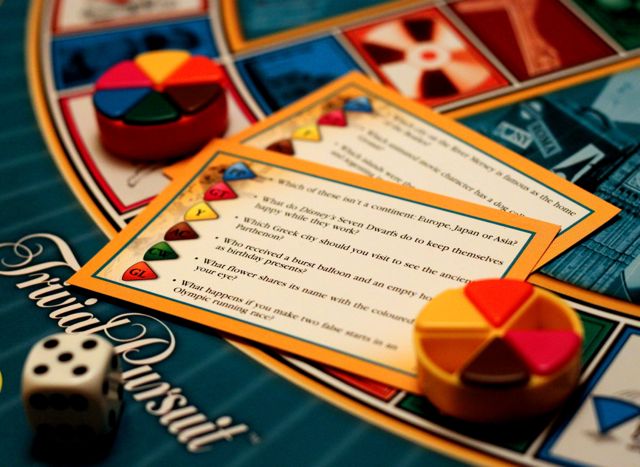The ability to design arguably sits at the top of Bloom’s taxonomy of learning, requiring as it does decent doses of creativity and evaluation. The foundations therefore of good design must be a broad general knowledge base. This certainly seems true in civil engineering. In order to quickly think up possible solutions to an engineering problem requires knowledge of material properties and behaviour, construction methods, costs, precedents, laws and codes etc.
My own experience as an undergraduate was that I had little of this domain knowledge, and this seems to be line with my observation of the students I have been working with in Edinburgh. There is a strong drive in engineering to improve the quality of design teaching in undergraduate classes (for civil engineering, see the JBM‘s annexe on design in the curriculum; more generally, see the Royal Academy of Engineering‘s report Educating Engineers for the 21st Century). How then should we be helping students to develop the levels of engineering general knowledge that enable good design? Over the last few weeks I have been pondering this question, and today put pen to paper as the first step in co-writing a joint bid with the civil engineering department at UCL for their Teaching Innovation grant scheme.
Our proposal will be based along the following lines. Unless students have site experience, there is a good deal of catching up on general engineering knowledge that they could usefully do. But giving people long lists of information to learn is not necessarily everyone’s cup of tea (it is, incidentally, my cup of tea, but I’m not proud of the fact). In fact for many it would be very dull.
In this book Drive, Daniel Pink suggests that if you have an unappealing task for someone to do, then the best thing is to explain to them why it is important, and then let them derive their own means of carrying out the task. And that is the basis of our approach here.
The first element would be a series of role-play scenarios with people from industry to explain to students why developing a corpus of engineering general knowledge is important. The second element is to give students autonomy over what knowledge they want to develop, and what method they want to use. At this second stage we would provide suggestions for content and methods, but the emphasis would be on letting the students lead. As students apply their method, we would ask them to keep track of their progress using a specially created blog on Student Studio. The third element would for students to set their own criteria for testing, and to measure their own progress against their own goals.
The sorts of learning techniques we have kicked around in preliminary discussions have been the creation of construction site top trumps, or keeping a diary of a local construction site. The whole I envisage that over the course of the initiative that students would develop resources which could be shared through say a Tumblr blog or from the Expedition Workshed website.
My recent experience working on the Haiti Student Studio project reminded me just how grade-motivated many students can be. As an extra bonus for this optional course, I am keen to show students how this self-managed learning can help contribute towards their route to professional chartership, counting as it might as Initial Professional Development (IPD).
The bid goes in tomorrow, so fingers crossed.


2 Comments
2 Pingbacks